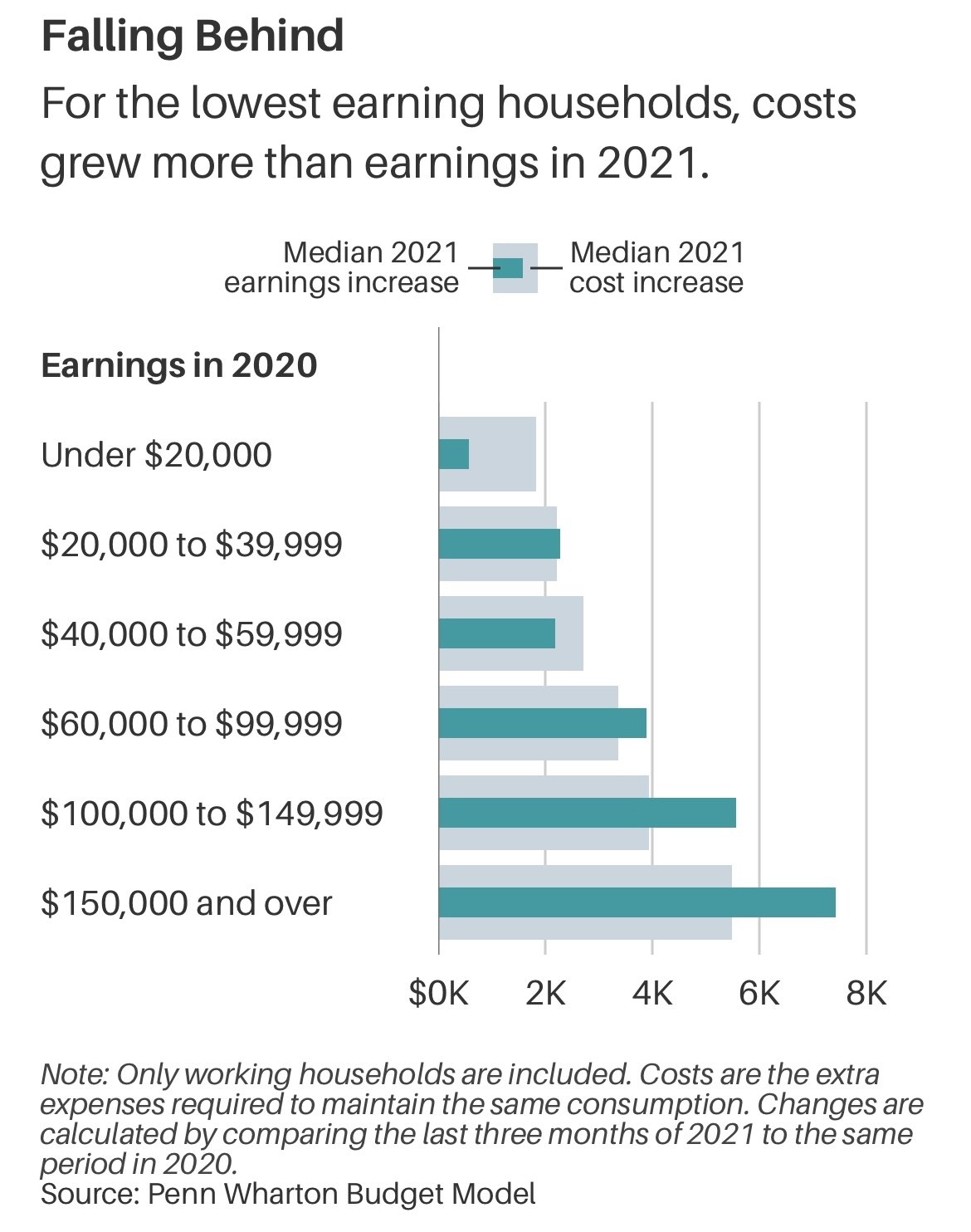President Trump just signed a spending bill that included the Setting Every Community Up for Retirement Enhancement Act (SECURE), making major changes to current regulations around retirement accounts. While some of these changes are potentially positive for investors, others will have a significant impact on long term financial plans and estate planning. Below are the most important changes (not comprehensive):
Removal of “Stretch” Inherited IRA Provisions
The SECURE Act will make significant changes to inherited retirement plans like 401(k)s, traditional IRAs and Roth IRAs. In the past, beneficiaries of these accounts could typically take distributions from these accounts over their own life expectancy.
However, the new bill includes what tax-generating provision that would require most beneficiaries to take distributions from an account within a 10-year period, with no stated schedule other than the required depletion by the end of this term. This will not apply to existing inherited IRA accounts, which will be grandfathered under prior regulations.
Roth contributions and conversions, either immediate or spaced over time, will become an increasingly important discussion in the next few years, especially before the existing tax bill expires in 2025. This is a major change for estate planning (may affect your parents as well as you), and should be heavily considered in your future financial planning discussions.
Increasing the Required Minimum Distribution (RMD) Age - from 70.5 to 72
The current law requires that most individuals take out required minimum distributions (RMDs) from their retirement accounts once they reach the age of 70.5. The SECURE Act would delay this requirement to age 72. This will help to mitigate increasing life expectancy and most Americans’ severely underfunded retirements.
Removal of 70.5 Age Limitation on IRA Contributions
Currently, after age 70.5, you can no longer contribute to an IRA (though you can still contribute to a Roth IRA). The SECURE Act removes this savings limitation by repealing the age limitation for traditional IRA contributions.
Early Distributions for Birth of Child or Adoption, Without a Penalty
A new exemption will allow up to $5,000 to be distributed early from a retirement plan (without the 10 percent penalty) in the event of a qualified birth or adoption. The distribution would need to occur within one year of the adoption becoming final or the child being born.
Annuities in Retirement Plans
In short, SECURE will result in more retirement plans including annuities as an investment option. Though annuities can be appropriate for some participants, we believe this to be a highly contentious addition, as it lessens the liability on the plan sponsor for a product that has historically been highly abused by providers. We urge clients to consider any new investment options carefully before opting in.
More Retirement Plans Access for Small Employers
SECURE expands the ability to run multiple employer plans and make the process easier overall. It essentially allows small employers to come together to set up and offer 401(k) plans with less fiduciary liability concern and less cost than exists today. In theory, this should lead to more small employers offering a 401(k) plan.
Tax Credit for Automatic Enrollment
In order to increase retirement plan participation, there is a new tax credit of $500 to help smaller employers encourage automatic enrollment. This credit may help offset some of the operating costs , and automatic enrollment has seen great success in increasing plan participation by employees.
Lifetime Income Disclosure for Defined Contribution Plans
The law requires that defined contributions plans deliver a lifetime income disclosure to participants at least once every 12 months. This lifetime income disclosure would essentially show how much income the total account value could theoretically generate. While potentially helpful, the calculation methodology is still unclear.
Increased 401(k) Access for Part-Time Employees
Some part-time workers can now receive 401(k) benefits if they work at least 500 hours for three years, rather than the current requirement of 1,000 hours.







